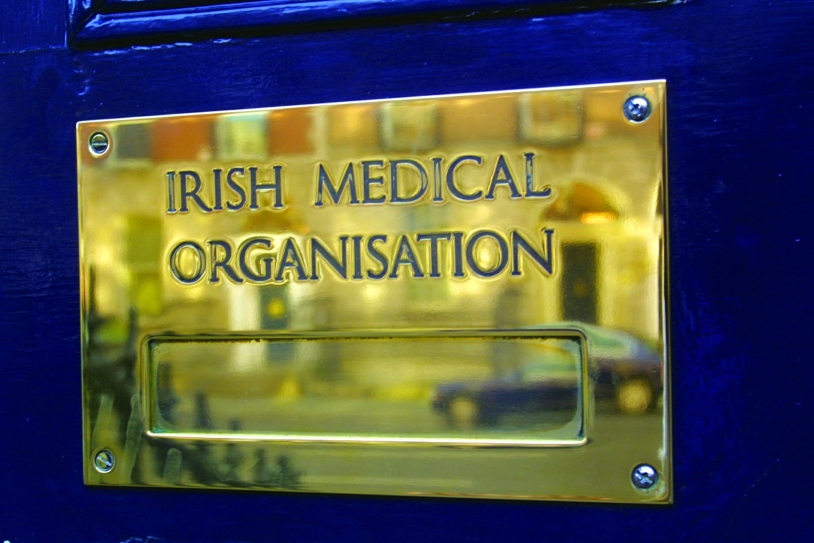The IMO has welcomed the lifting of the HSE’s recruitment embargo. However, it has warned that the retention of a “restrictive staffing ceiling” from December 2023 means that chronic resourcing and staffing issues cannot be adequately addressed, which is a “patient safety issue”.
Dr Rachel McNamara, Chair of the NCHD committee, said: “While the IMO welcomes the lifting of the embargo and the introduction of new development posts, it is disappointing that a staffing ceiling has been set from December last year, which means services can only hire at that resourcing level. This is unsatisfactory as there now cannot be any service expansion at a time when health services are extremely understaffed and under significant pressure to meet rising demand from a growing and ageing population.”
A recent IMO survey demonstrated that 77 per cent of NCHDs are currently working beyond safe and legal hours. “The HSE has itself acknowledged that an additional 800 NCHD posts, targeted to certain sites, are needed to bring this cohort’s working hours back to a maximum of 48 hours per week. This staffing ceiling means this is unachievable and does not bode well for the commencement of NCHD contract talks later in the year. When doctors are overworked and under-resourced, it leads to poorer outcomes for patients, and we will continue to fight for NCHDs to ensure this cultural working environment is changed.”
She added: “For too many years doctors and other healthcare staff have worked in a system that has significant deficits in terms of capacity and workforce. While this may offer some relief as newly vacant posts can now be filled, it is not the long-term solution we need. It is critically important that healthcare delivery be funded on the basis of service demand. Government and the HSE point to a drop in activity levels, however unless we staff each hospital and every community service appropriately it will simply be impossible to improve patient care and address wait times.”
The Irish Nurses and Midwives Organisation (INMO) has also expressed concern about “extremely limiting caps” on the number of healthcare staff.
INMO General Secretary Ms Phil Ní Sheaghdha said: “The decision by the Health Service Executive to put extremely limiting caps on the number of nurses, midwives and other healthcare professionals that can be recruited into the public system at both community and hospital levels will impact on the ability to provide safe care to patients.
“There have been vacancies across all community settings and in wards in each hospital since the recruitment freeze was imposed last November. The INMO conservatively estimates that there are over 2,000 nursing vacancies alone. When you couple this with the fact that over 3,500 new hospital beds are due to come on stream across the country, it is hard to see how these beds can be opened safely.
“The only way to ensure safe staffing is a given is to pass and enact the Patient Safety (Licensing) Bill in order to give HIQA more powers. This landmark piece of legislation gives HIQA the powers to ensure its recommendations are being enacted by individual hospitals and healthcare settings it inspects.
“The INMO will be meeting the HSE tomorrow morning where we will be setting out the need to ensure that patient safety is at the centre of the lifting of the recruitment moratorium. Our members want to provide safe care in a timely manner, they cannot do that if they are working in a system that is always playing catch up on itself due to self-imposed recruitment controls.”













